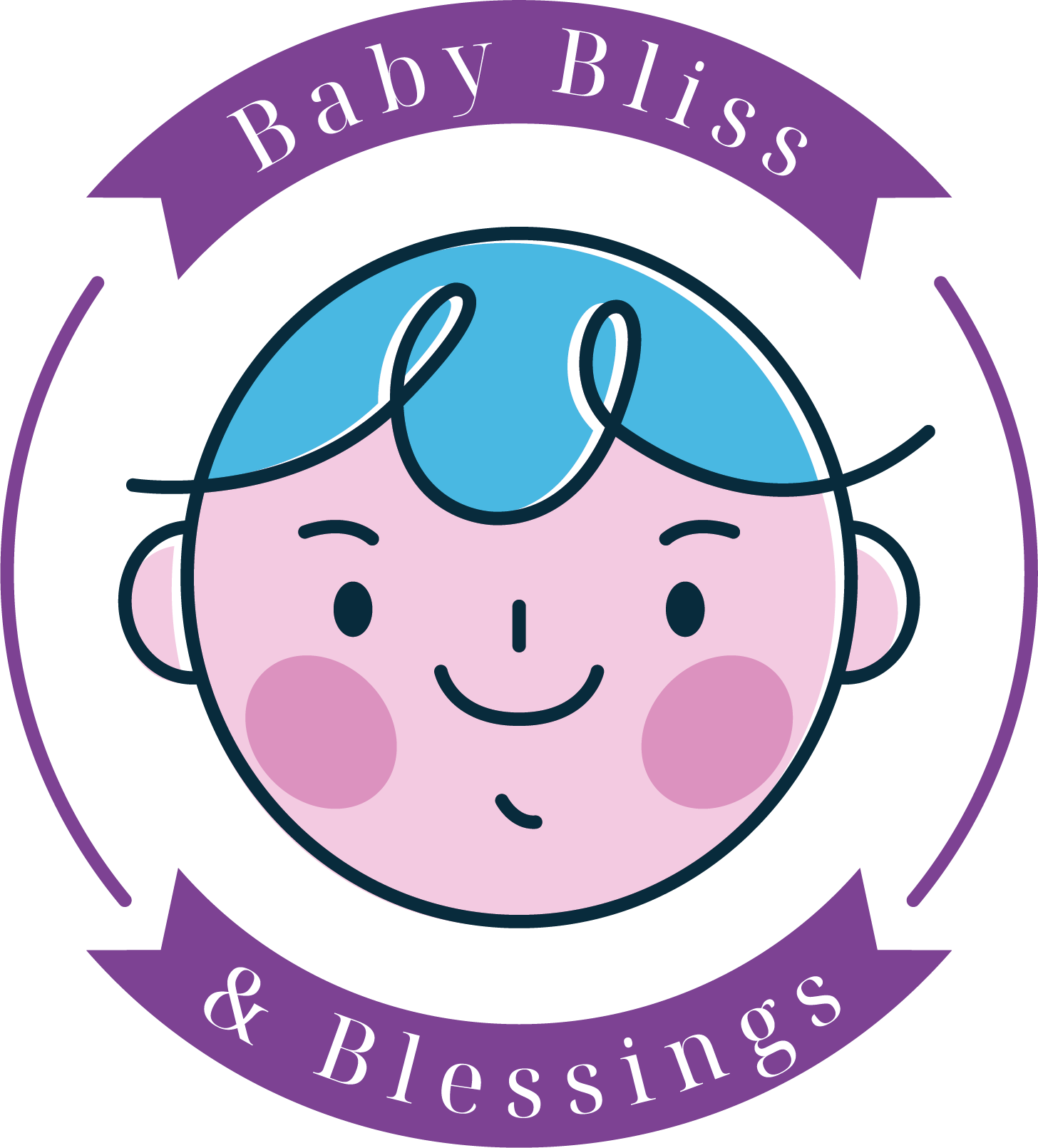An essential aspect of early childhood development is feeding infants. Breast milk is typically regarded as the gold standard because of its many benefits. Though not all parents are able or desire to breastfeed their children exclusively, many turn to baby formula as an alternative. When breastfeeding is not possible, formula feeding impact provides babies with a secure and essential source of nutrition. Exploring the scientific data on this subject is important for worries about how formulas can affect a child’s development.
Nutritional Composition of Formula:
The nutrient composition of infant formulae is carefully created to closely resemble that of breast milk. They usually include a combination of the vitamins, minerals, proteins, fats, and carbs needed for a baby’s growth and development. Manufacturers follow strict guidelines established by regulatory agencies to guarantee the sufficiency and safety of these goods. But modern infant formula is no longer simply a substitute for breast milk. It’s specifically designed to be as close as possible to breast milk in terms of nutrients. Many formulas are fortified with:
DHA and ARA: Fatty acids important for brain development.
Iron: Essential for cognitive function.
Prebiotics and probiotics: To support a healthy gut microbiome, which can influence brain development.
Studies have shown that some formula-fed infants, particularly those receiving formulas enriched with DHA and ARA, perform similarly to breastfed infants in cognitive tests [2].
Effect on Growth and Development:
Several research have examined the differences in an infant’s growth and development between formula-fed and breastfed babies. Research indicates that, on a basic nutritional level, formula-fed newborns can still live and achieve optimal growth and development, even if breast milk offers additional immune protection and bioactive components not found in formula.
The Importance of Nutrition in Development:
Proper nutrition during infancy is essential for brain development. The first few years establish the foundation for language abilities, cognitive function, and general health. Breast milk is considered the best option for nursing babies because it has a special combination of nutrients, antibodies, and good bacteria that promote healthy growth
Several Factors May Influence the Formula Feeding Impact on a Child’s Development:

Nutritional Content of Formula Feeding Impact:
Infant formula composition and quality are important factors. Formulas with added omega-3 fatty acids, probiotics, and prebiotics that closely approximate the nutritional profile of breast milk may have extra benefits.
Feeding Practices of Formula Feeding Impact:
A child’s development can be affected by the frequency and mode of feeding. Whether breast milk or formula is chosen, responsive feeding—where caregivers respond to a baby’s hunger cues and create a supportive eating environment—is essential for promoting good growth and emotional well-being.
Socioeconomic Factors of Formula Feeding Impact:
Access to healthcare, education, and resources may impact a family’s choice of feeding method and their ability to provide a nurturing environment conducive to a child’s development Research indicates that while breast milk has special benefits, formula-fed babies can still grow and develop normally if they receive enough nourishment and proper care
Observations and Suggestions of Formula Feeding Impact:
When using a formula, parents should consult with pediatricians to choose the right product and get advice on how to feed their child properly. To ensure safety and proper nourishment, it’s essential to prepare and store formula according to the suggested guidelines. Deciding to use formula or breast milk is a personal choice. While formula can still offer sufficient nourishment and promote healthy growth and development, breast milk is still frequently regarded as the best option for nursing babies. Both best milk and formula feeding impact can provide adequate nutrition for your baby. If you choose formula, there’s no need to worry that your baby won’t develop properly. Modern formulas are designed to support healthy growth and development. Consult your pediatrician for advice on the best formula to suit your baby’s specific requirements.
This article helps you know about baby shower food ideas








[…] How does Formula Feeding Impact a Baby’s Growth and Development? […]
[…] How does Formula Feeding Impact a Baby’s Growth and Development? […]